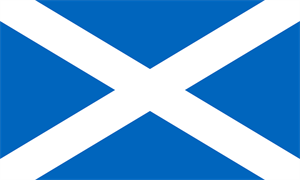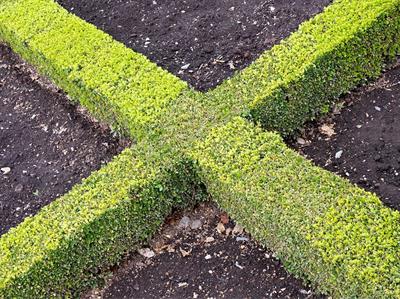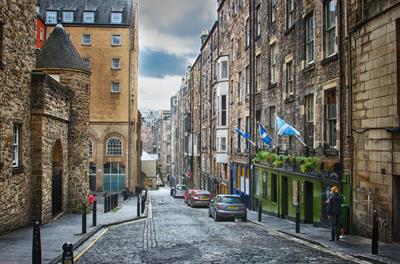PIRMĀ SEMESTRA NOSLĒGUMA TESTI
Read, listen and learn or repeat some words and expressions about Scotland.
(Lasi, klausies un iemācies vai atkārto dažus vārdus par Skotiju!)

Blue colour on the map.
- Scotland
Scotland is a country that is part of the United Kingdom. It covers the northern third of the island of Great Britain, with a border with England to the southeast, and is surrounded by the Atlantic Ocean to the north and west, the North Sea to the northeast, the Irish Sea to the south, and more than 790 islands, including the Northern Isles and the Hebrides.
The Kingdom of Scotland emerged as an independent sovereign state in the European Early Middle Ages and continued to exist until 1707. Scotland subsequently entered into a political union with England on 1 May 1707 to create the new Kingdom of Great Britain.
"Scotland" comes from 'Scoti', the Latin name for the Gaels.
Scotland — [ˈskɒt.lənd] — Skotija
- The flag of Scotland

The flag of Scotland, also known as St Andrew's Cross or the Saltire, consists of a white saltire (X-shaped cross) defacing a blue field. It was used as a component in the design of the Union Flag in 1606.
the flag of Scotland — [ˌflæɡ əv ˈskɒt.lənd] — Skotijas karogs
Saint Andrew's Cross — [seɪntˈæn.druːz.krɒs] — Svētā Andreja krusts

saltire — [ˈsɒl.taɪər] — slīpais krusts
- Edinburgh
Edinburgh is the capital of Scotland. It is located almost in the middle of country in Lothian on the Firth of Forth's southern shore.
Recognised as the capital of Scotland since at least the 15th century, Edinburgh is the seat of the Scottish Government. The city has long been a centre of education, particularly in the fields of medicine, Scots law, literature, philosophy, the sciences and engineering. It is the second largest financial centre in the United Kingdom (after London).

Edinburgh — [ˈed.ɪn.bər.ə] — Edinburga
- Nationality
The Scottish people or Scots, are a nation and ethnic group native to Scotland. Historically, they emerged from an amalgamation of two Celtic-speaking peoples, the Picts and Gaels, who founded the Kingdom of Scotland (or Alba) in the 9th century. Later, the neighbouring Celtic-speaking Cumbrians, as well as Germanic-speaking Anglo-Saxons and Norse, were incorporated into the Scottish nation.
In modern usage, "Scottish people" or "Scots" is used to refer to anyone whose linguistic, cultural, family ancestral or genetic origins are from Scotland.
Scotsman — [ˈskɒts.mən] — skots
Scotswoman — [ˈskɒtˌswʊm.ən] — skotiete
the Scots — [skɒts] — skoti
- Language
There are three languages that were developed in Scotland and still used nowadays.
1) Scots is the West Germanic language variety spoken in Lowland Scotland (South-East part of Scotland) and parts of Ulster in Ireland (Northern parts of Ireland).
Scots — [skɒts] — skotu valoda
2) Scots Gaelic or Scottish Gaelic, sometimes also referred to simply as Gaelic, is a Goidelic language of the Celtic and Indo-European language family, native to the Gaels of Scotland, mostly spoken in the North-West part of Scotland.
Scots Gaelic — [ˈskɒtsˈɡeɪ.lɪk] — skotu gēlu valoda
3) Scottish English is the set of dialects of the English language spoken in Scotland.
Scottish English — [ˌskɒt.ɪʃ ˈɪŋ.ɡlɪʃ] — skotu angļu valoda
Atsauce:
https://www.scotland.org/about-scotland/